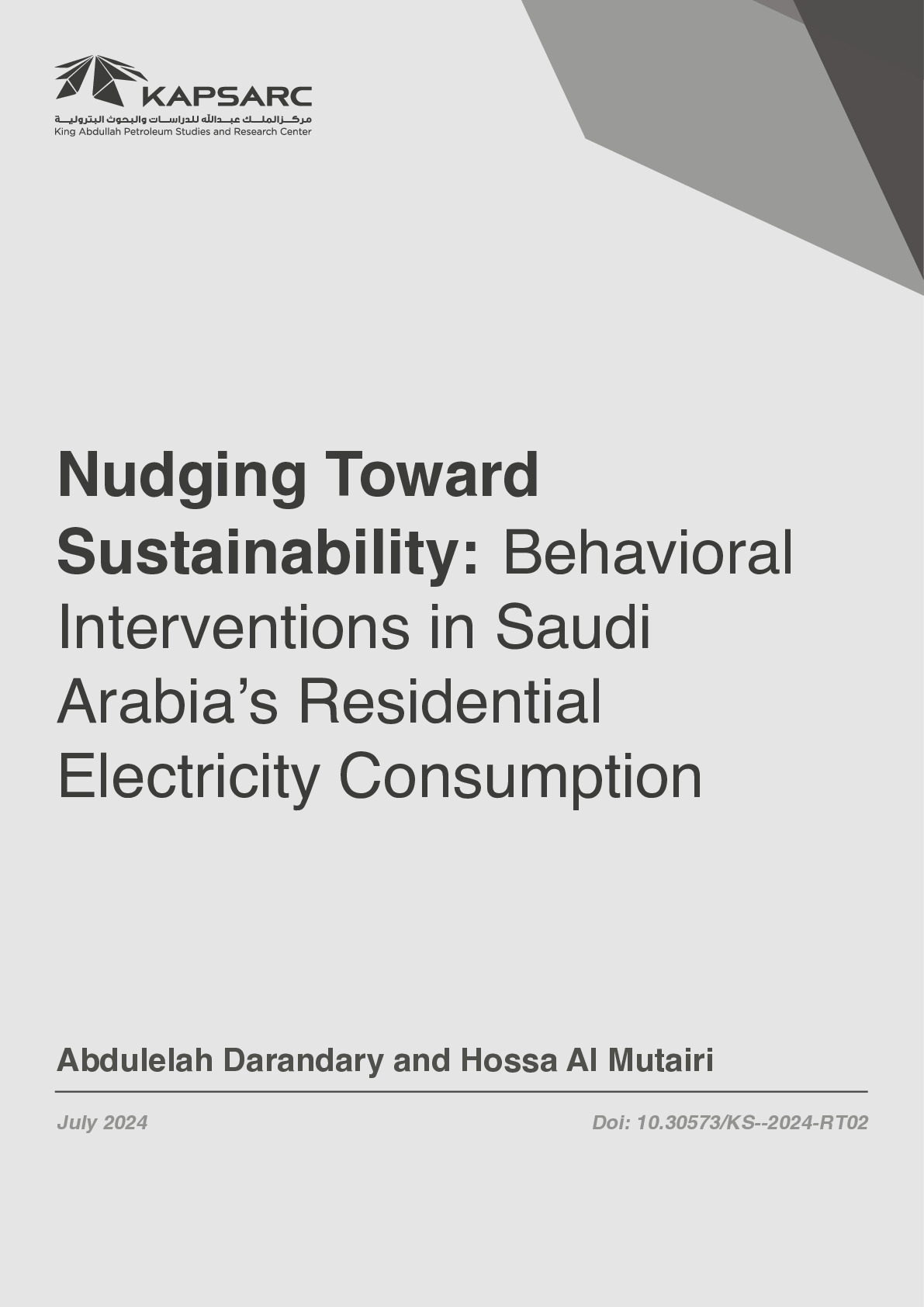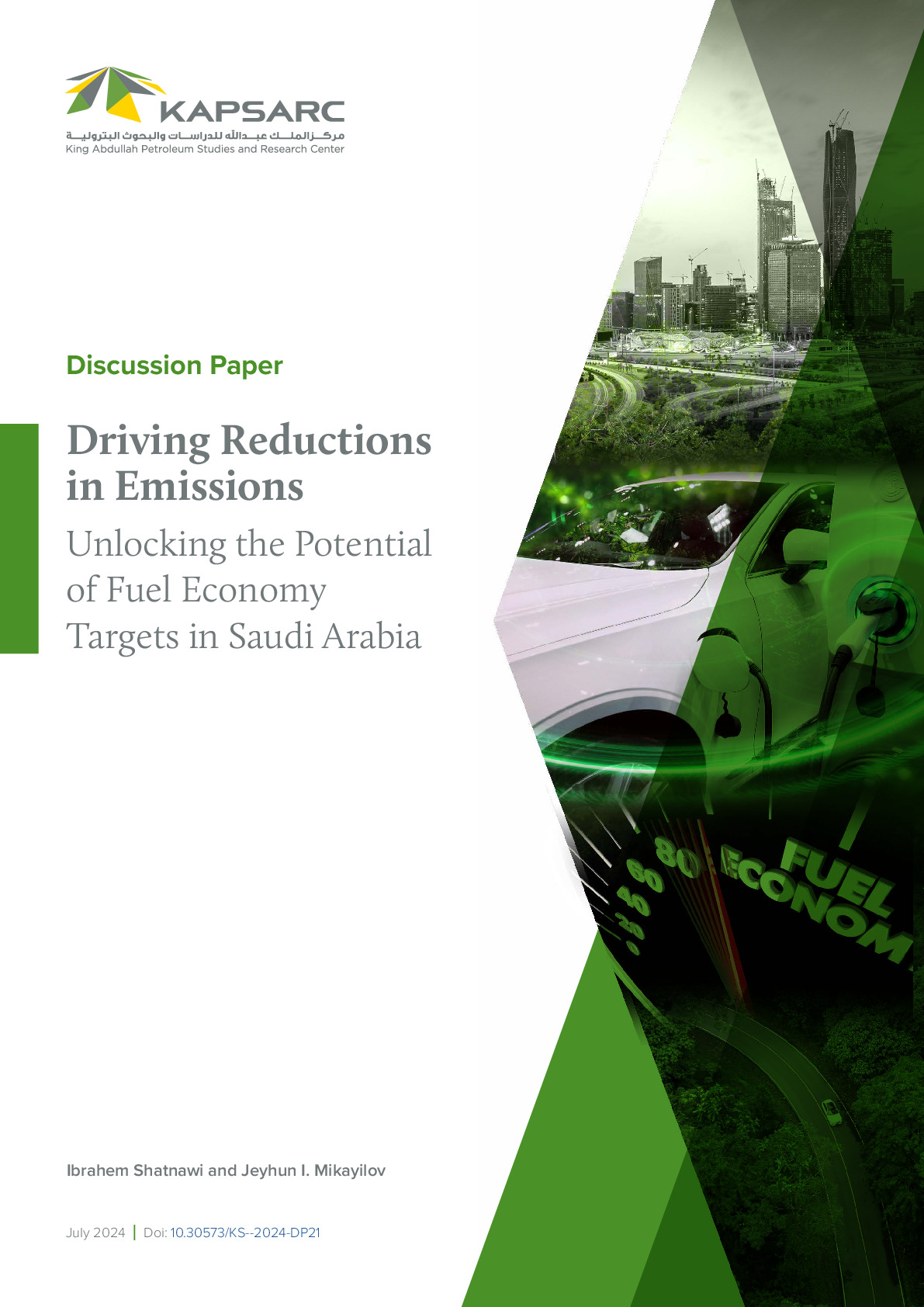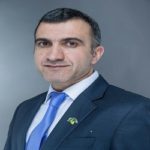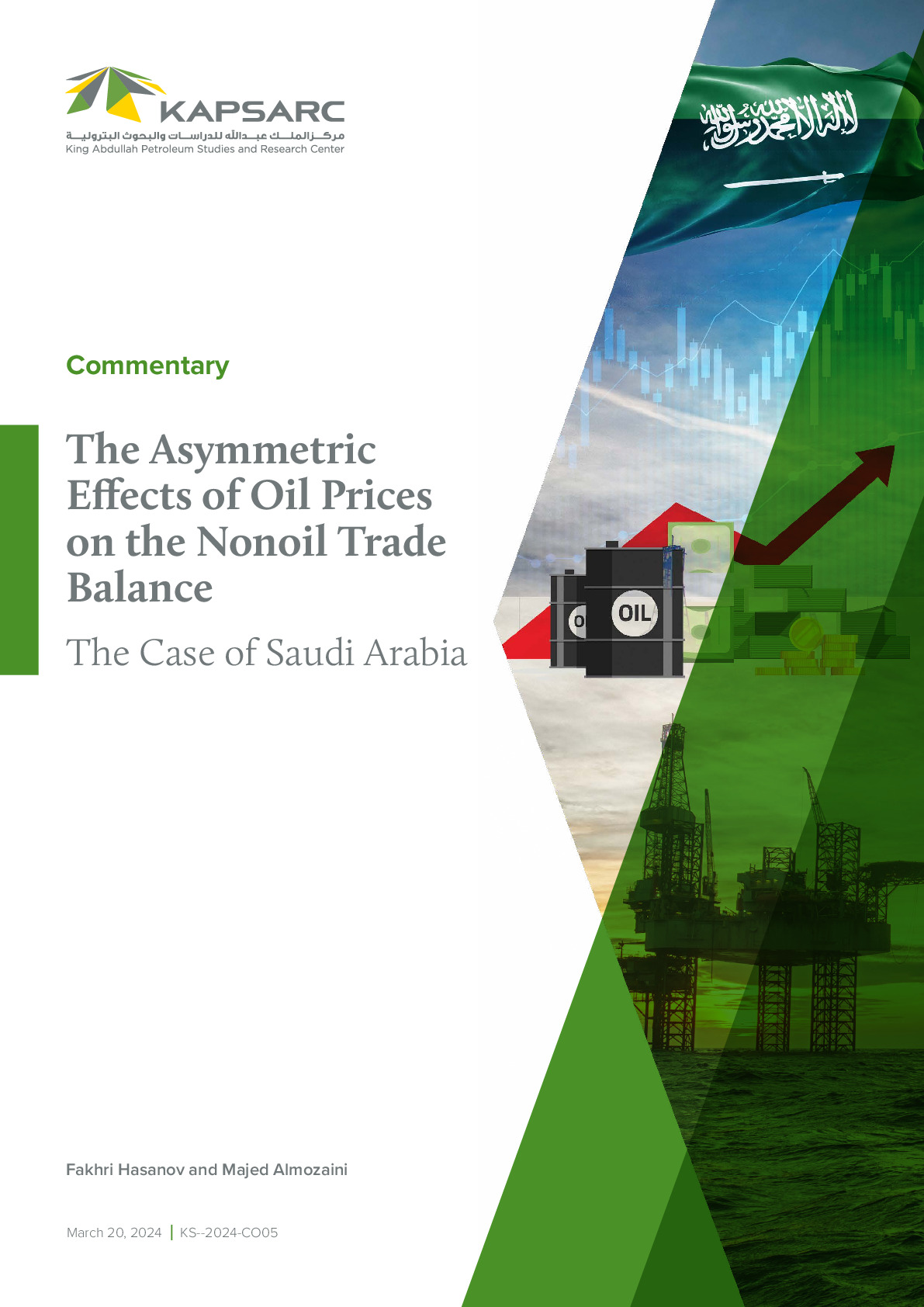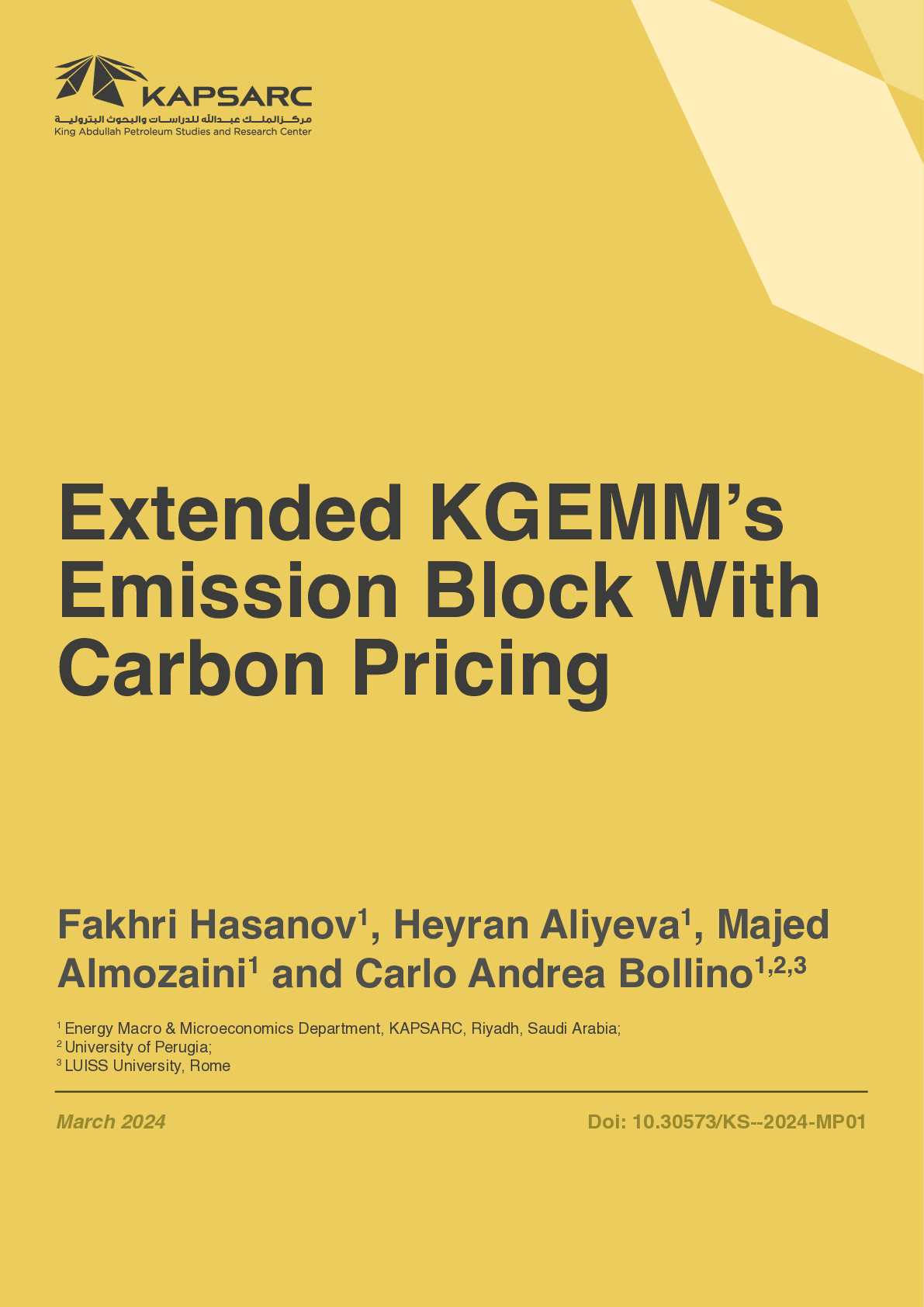The government of Saudi Arabia has successfully reduced the country’s energy intensity, helped by its establishment of the Saudi Energy Efficiency Center (SEEC) and a series of energy price reforms (EPR) that began in 2016. However, how households have responded to the EPR is an important matter that warrants serious consideration.

Senior Research Analyst
Ryan is a senior research analyst in the Energy and Macroeconomics program with a particular interest in natural resource economics…
Ryan is a senior research analyst in the Energy and Macroeconomics program with a particular interest in natural resource economics and developing energy and economic models. Ryan holds a B.S. degree in Mechanical Engineering from Mercer University.
Expertise
- Energy Economics
- Natural resource economics
- Energy and Economic Modeling
Publications See all Ryan Alyamani’s publications
Modeling the Determinants of Electrical Vehicles Adoption: A Saudi Perspective
The government of Saudi Arabia has successfully reduced the country’s energy intensity, helped by its…
18th April 2024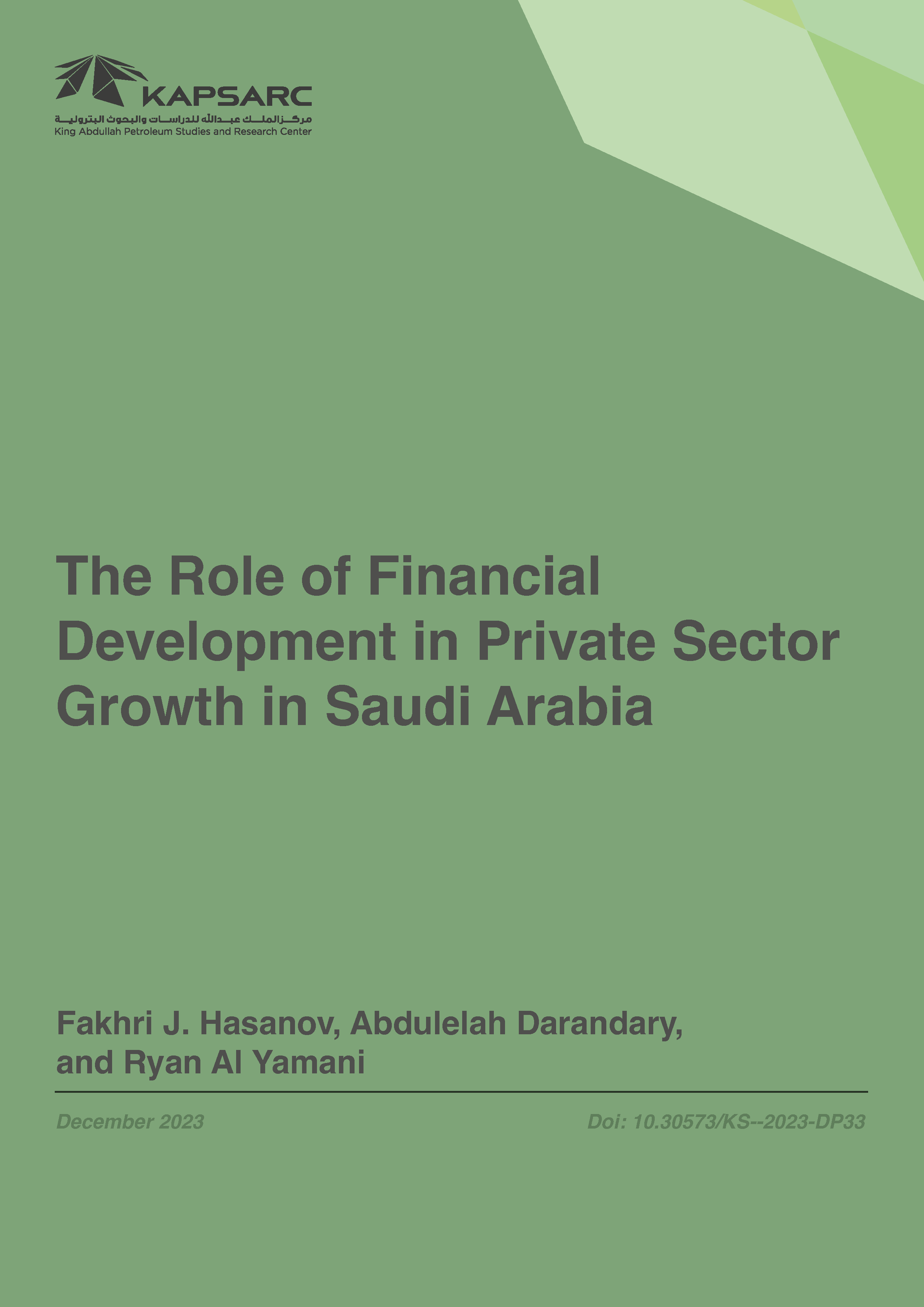
The Role of Financial Development in Private Sector Growth in Saudi Arabia
The government of Saudi Arabia has successfully reduced the country’s energy intensity, helped by its…
11th December 2023

